
Actress Angela Featherstone has had some memorable roles in her career. On television, she was Chloe from the copy shop in “Friends,” and on “Seinfeld,” she was Cindy the maid. In the film, “The Wedding Singer,” Featherstone played Linda who left Adam Sandler’s character at the altar at what was supposed to be their wedding. Featherstone is also a director and a Pushcart Prize-nominated essayist.
But the most important work of her life is only just beginning as the founding director of a new nonprofit trauma-healing intensive whose mission is to assist young adults that are aging out of foster care.
It’s called, Fostering Care: A Trauma-Healing & Trade School for Youth Exiting Foster Care.
“Our healing curriculum is predicated on the modalities that I’ve been using as I’ve healed my childhood trauma, the trauma as result of having been in foster care, and the subsidiary pipeline trauma that exists with foster care,” Featherstone said.
It’s the program that Featherstone wished she had when she was emancipated from foster care following her abusive childhood while growing up in Canada.
“When you grow up in a violent home, I don’t know what else you could do, but I can tell you what I did, which is learn to just block it all out,” Featherstone told the Journal. ‘I’ve now spent the past 13-years healing and transforming trauma into wholeness.”
She ran away from home at age 16 and spent months living on the streets of Winnipeg before being sent to juvenile jail. Upon release, she was put into foster care in large, disorienting and sometimes abusive group homes.
“The kids I was living with were horrifically impoverished with untold generational terrors and had been on the streets much longer than my few months,” Featherstone said. “I was unqualified to live in that world of constant chaos. But I also couldn’t go back home. Before leaving, the abuse had escalated, hitting new unconscionable heights. As a result, I was constantly AWOL—which always led to new court cases. The foster care-to-justice system is a rat wheel. Something has to be done to stop the endless cycles of child incarceration.”
By age 17 and a half, Featherstone begged to be emancipated by the judge.
“‘You’ll be back’ the judge said. ‘I’ve seen your kind before, but next time you’ll be 18 and it’ll be prison,’” Featherstone recalled the judge telling her.
Featherstone said that children coming out of foster care are often so neglected that they don’t just get a lot of bad ideas, they also have no ideas on so many fronts: healthy friendships, dating, nutrition and personal care.
“But those are all things that you can learn,” Featherstone said. “Children aging out of foster care have unique needs, challenges, and gifts.”
And that is why Featherstone created Fostering Care, which is a three-month trauma-healing intensive for students exiting foster care, ages 18-21. The curriculum provides daily practical healing modalities and therapies to treat trauma, strengthen the corporeal and neurological systems, build immunity and community, develop life and communication skills and fortify self-esteem. Each Fostering Care semester culminates with the students earning teaching certificates so that they can continue their healing practice as teachers and grow as leaders in their own communities.
There will be three semesters per year, for a minimum total of 30-40 annual graduates. There, the students will have daily training from experts on breath-work, culinary therapy, yoga, acupuncture, meditation, martial arts and naturopathic medicine. Students will also get a personalized vitamin and mineral regime, in addition to coaching in inner wisdom, communication and listening , leadership skills and authentic connections. They will be encouraged to attend a place of worship to help build a sense of community.
The Population Reference Bureau in 2018 estimated that there are 7.6 children per 1,000 children in Los Angeles county who are in Foster Care. And once they turn 18, with little-to-no support systems or guidance, the likelihood increases exponentially to become sex-trafficking victims, criminals or dead.
“One of the reasons why I wanted Fostering Care to focus on 18 to 21 is because this can be really scary when you’re coming out of foster care,” Featherstone said. “From my personal experience and over a decade as a volunteer and mentor in the foster care world of Los Angeles County, I can safely say this demographic is profoundly vulnerable to trafficking, addiction, suicide, homelessness, and death. Statistics vary between 80-90% of youth aging out of foster care will become homeless, go to prison or commit suicide.”
* * *
Upon emancipation from foster care at age 17, Featherstone was officially free to fend for herself. But she was in pure survival mode all the time. She worked three jobs: a retail worker at a clothing store, a dishwasher at a deli and was a live-in babysitter in exchange for a safe place to sleep.
“I had so many people threatening to kill me in Winnipeg that I went into hiding until I was able to get a bus ticket to Toronto,” Featherstone said.
Needing a fresh start, Featherstone took a 1,300-mile bus ride from Winnipeg to Toronto with a dream and a plan. Having read and connected deeply to a biography on Marlon Brando while in juvenile jail, she knew she wanted to be a movie star. It would be a difficult climb, but at that point, she just needed to stay alive.
“As soon as I arrived in Toronto, I was ‘adopted’ into this Jewish community.” Featherstone said. Many of her new friends in Toronto grew up together in the Detroit Jewish community. “Some of them are still in my life today. To be honest, that time in Toronto was the first time that I felt accepted—even special. It was the first time that no one was violent with me. They took me as I was, and helped build me up. [Clothing store] Roots Canada even gave me clothes to wear.”
Featherstone considers herself lucky to have found refuge with her Jewish friends in Toronto. The community support helped her start a successful modeling career. By 18, she was on the cover of Flare Magazine, the biggest fashion magazine in Canada. By 19, she would be featured in shows and magazines around the world, and living in New York, Paris, Milan, London and Tokyo.
In 1992 at age 27, Featherstone moved to Los Angeles to begin her acting career. By 2000, she had been in numerous roles in box office hit films and prime-time network television shows.
Still, the trauma she experienced while in foster care would haunt Featherstone and throw her off course throughout adulthood. Memories of poverty and abuse, feelings of being ill-equipped for ‘normal’ life, all on top of the harsh unseen realities of show-business. Having grown up with monstrous personalities around her, when Featherstone experienced abuse from two co-stars in Hollywood, she didn’t know how to handle it. At one point, she gave away her possessions, and without any family to seek refuge from, Featherstone turned to drinking. She still landed acting roles, but felt like a mess on the inside.
“I was basically tearing down my life in a mis-guided attempt to seek refuge within myself – to find someplace safe,” Featherstone said. “Sadly, being homeless and without money was the place I knew as ‘comfort.’”
But just like her early days as an emancipated foster youth in Canada, Featherstone found direction and support from an old friend in Los Angeles’ Jewish community.
“I had nowhere to go and no-one to go to,” Featherstone said. “Luckily, once again, I was fortunate to have a few great friends. Artist Jim Budman is one of them. He saved my life. I met him when I first got to Toronto all those years ago. He’s a part of that Detroit Jewish contingency that I’ve been so lovingly embraced by overtime.”
In 2009, Featherstone was invited by a group of friends to Yom Kippur services at the Wilshire Ebell Theatre, led by Rabbi Mordecai Finley of Ohr HaTorah Synagogue. Dressed in white and amazed by the experience, Featherstone recalled seeing many of her old friends at services that day and being captivated at the concept and meaning behind the holiest day of the year for the Jewish people. “It was the wildest experience. I had friends from all over, many of whom I’d not seen in decades, all there that day. And to cement it as surreal, Leonard Cohen—a life-long lyrical obsession, stood next to me as the Torah scrolls were carried around the sanctuary.”
Looking back, Featherstone describes Rabbi Finley as instantly one of her greatest teachers.
“I went the next year for both Rosh Hashanah and Yom Kippur, and then the next year I observed the Days of Awe and then the next year, I started taking classes with Rabbi Finley,” Featherstone said. “He was giving these weekly Wednesday classes. I started attending and said, ‘You know, Rabbi, the strangest thing is happening to me: when I’m asleep, I wake up because my soul is singing the prayers, the ‘Mi Chamocha’ song.’ I was sleeping and something inside of me was singing the prayers. And Rabbi Finley said, ‘Welcome home, you should come to Shul.’ So I started coming every Shabbat.”
Featherstone feels lucky to have been embraced by so many different Jewish communities over the years, particularly at her lowest times. She credits Rabbi Finley inviting her to Shul as the beginning of “a great healing experience” as a member of the community at Ohr HaTorah. The experience of being welcomed and encouraged directly influenced her forming Fostering Care.
“That is why at Fostering Care, we’re bringing people of integrity from the community into the school,” Featherstone said. Leaders from many faiths will be part of the Fostering Care curriculum—Jewish, Christian, Sikh, Muslim, Buddhist and Naturalist to name a few.
“The Rabbi and Rebbetzin once surprised me by making me a lay-leader,” Featherstone recalled. “I felt my hard inner-work had been rewarded and was deeply honored by the gesture. My dream is to replicate that soul-deep acknowledgment with our youth. I believe each child has within them a pure soul that needs only to be witnessed to be healed. That, along with strong tools to sustain and enhance the healing over time is our mission. And while, my experience is through Judaism, we won’t limit it to that. While my experience was with Judaism, there are many ladders to the Divine.”
Featherstone would immerse herself in Rabbi Finley’s shabbat services, davening early and staying for Israeli lunch catered by Finley’s wife Meirav. Featherstone was eventually welcomed to a private Torah study by a few, distinguished members. Until then, Featherstone thought little of her own intellect—her childhood caretakers often denigrated her virtues.
“It wasn’t until I started hanging out with the great minds at Torah study that I began to question my intellectual inferiority complex,” Featherstone said. “They’d say ‘Well, what do you think, Angie?’ They’d hold with reverence my interpretation and comments. I noticed that I was not merely fumbling along, but that I was unaware of my gifts. I had an aptitude for the mystical and depth, I just hadn’t yet found my people,” Featherstone said.
To this day, Featherstone still draws mental fortitude from being welcomed to Torah study and having an empowering and enlightening experience. On her own, Featherstone finds herself praying, meditating and walking through nature daily. After nearly 30 years of living in Los Angeles, she now has a greater purpose— of providing healing and community to a vulnerable population.
“The idea came to me to start a healing school for youth aging out of foster care using my healers and all the healing modalities, so I immediately called all my healers and shared the idea,” Featherstone said. Within a matter of days, Featherstone had a board and staff. They quickly received 501(c)(3) status, which Featherstone credits to fellow Ohr HaTorah member Mickey Shapiro for assisting with the process.
Many of Featherstone’s dear friends from throughout her life are now involved with developing Fostering Care. Some of the notable names include Michelle Esrick (director of the documentary film on trauma, “Cracked Up”), leadership coach Matthew Weinberg, acting coach Leigh Kilton-Smith, Rabbi and Rebbtzin Finley. Fostering Care is also collaborating their programming with numerous other nonprofits and government agencies, including the Department of Child and Family Services and the Department of Mental Health.
“The school is contributing to halting the negative outcomes that so many youth who age out of foster care experience, including homelessness, incarceration, and human trafficking,” said Dr. Johanna Greeson, PhD, an Associate Professor at the School of Social Policy & Practice at the University of Pennsylvania and the Managing Faculty Director of the Field Center for Children’s Policy, Practice & Research. “Fostering Care will truly transform these young people’s lives, giving them the potential to live vibrant, healthy, and prosperous lives, by playing a part in the healing of others and feeling the empowerment that comes from being a contributing member of society.”
Dr. Greeson added that “This type of school does not exist elsewhere” and that “the approach has never been tried before and it is needed now more than ever” due to the global pandemic’s impact on young people aging out of foster care.
As the curriculums are being finalized ahead of the inaugural semester in the Spring of 2023, Fostering Care will be doing ongoing fundraising drives. Each semester is projected to cost $300,000 to provide the critical mentorship and life skills services to the students.
“Every dollar we raise goes to helping curtail the staggering and devastating statistics of youth aging out of foster care,” Featherstone said. “Just as the Jewish community has helped me to survive and thrive, we at Fostering Care are healing the healers of tomorrow,” Featherstone said. “Our graduates will become leaders as we open up this school in other cities across the nation and become the transformational healing school for the 500,000 kids in foster care. My work with this will never end.”
For more information about Fostering Care, visit their website at www.fosteringcare.org










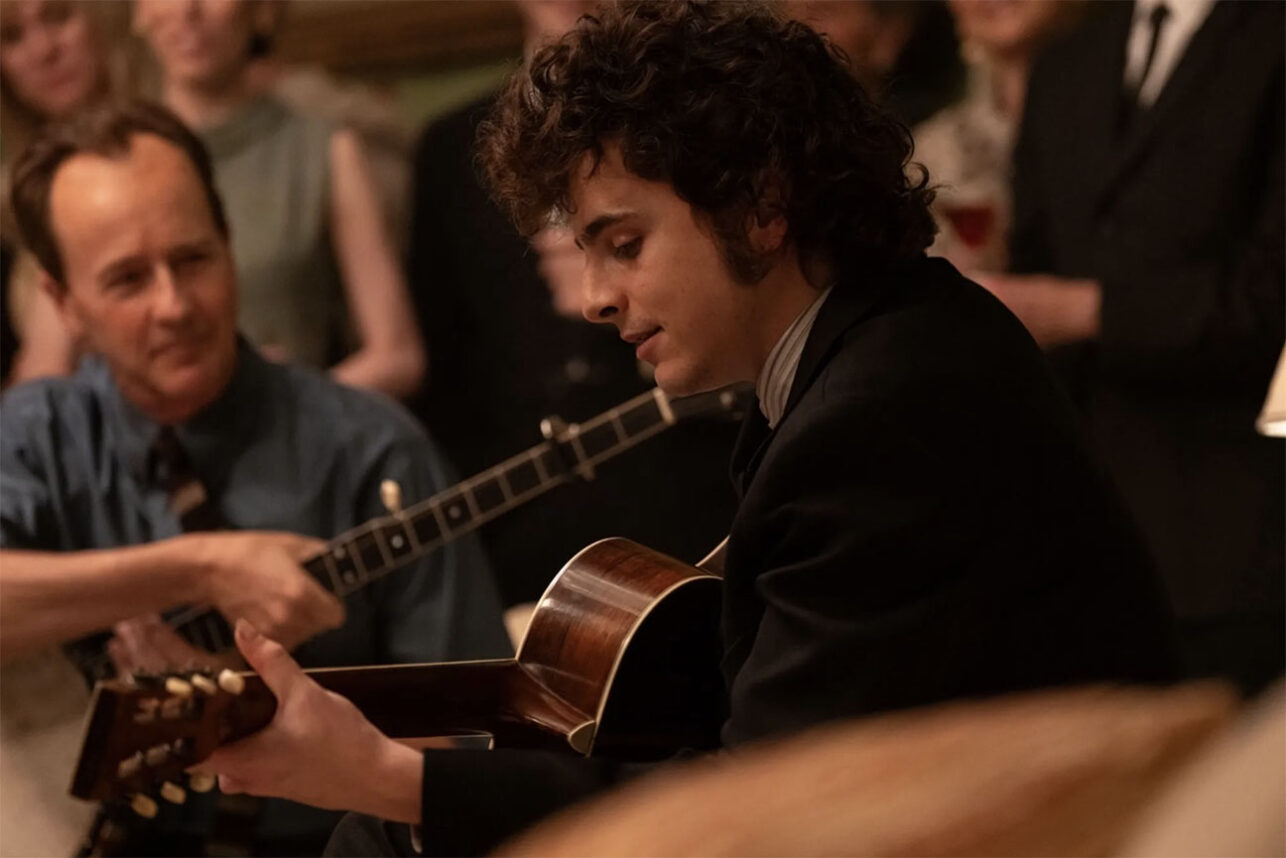
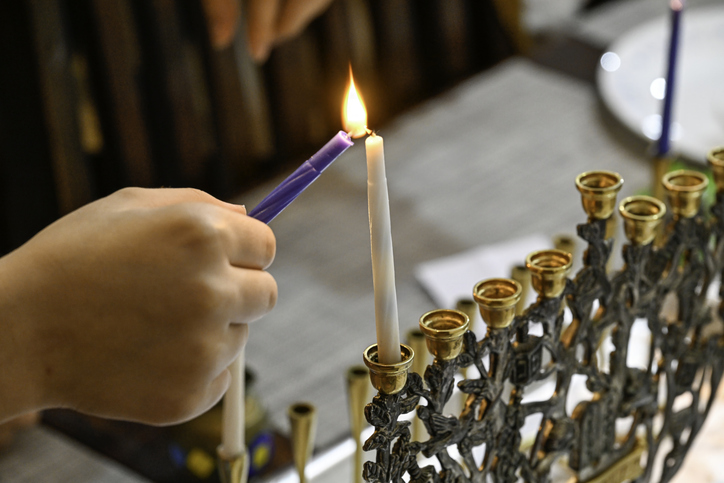

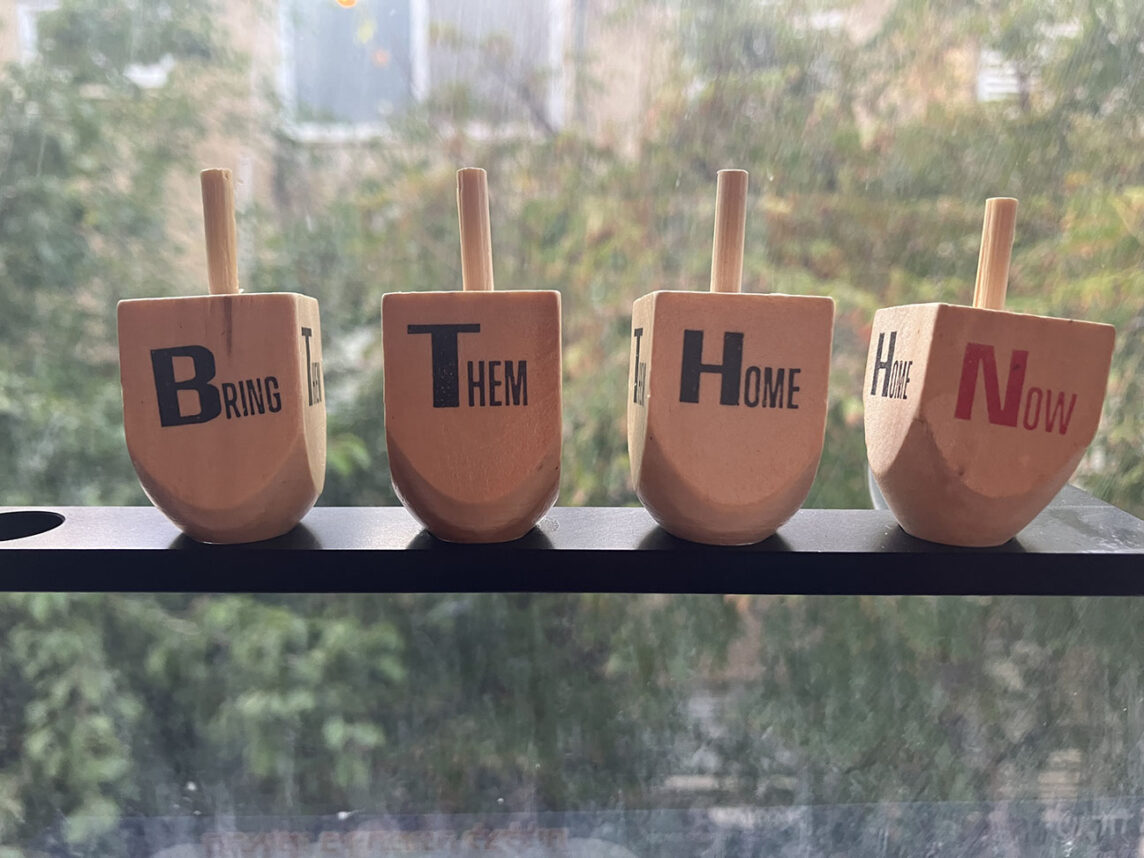
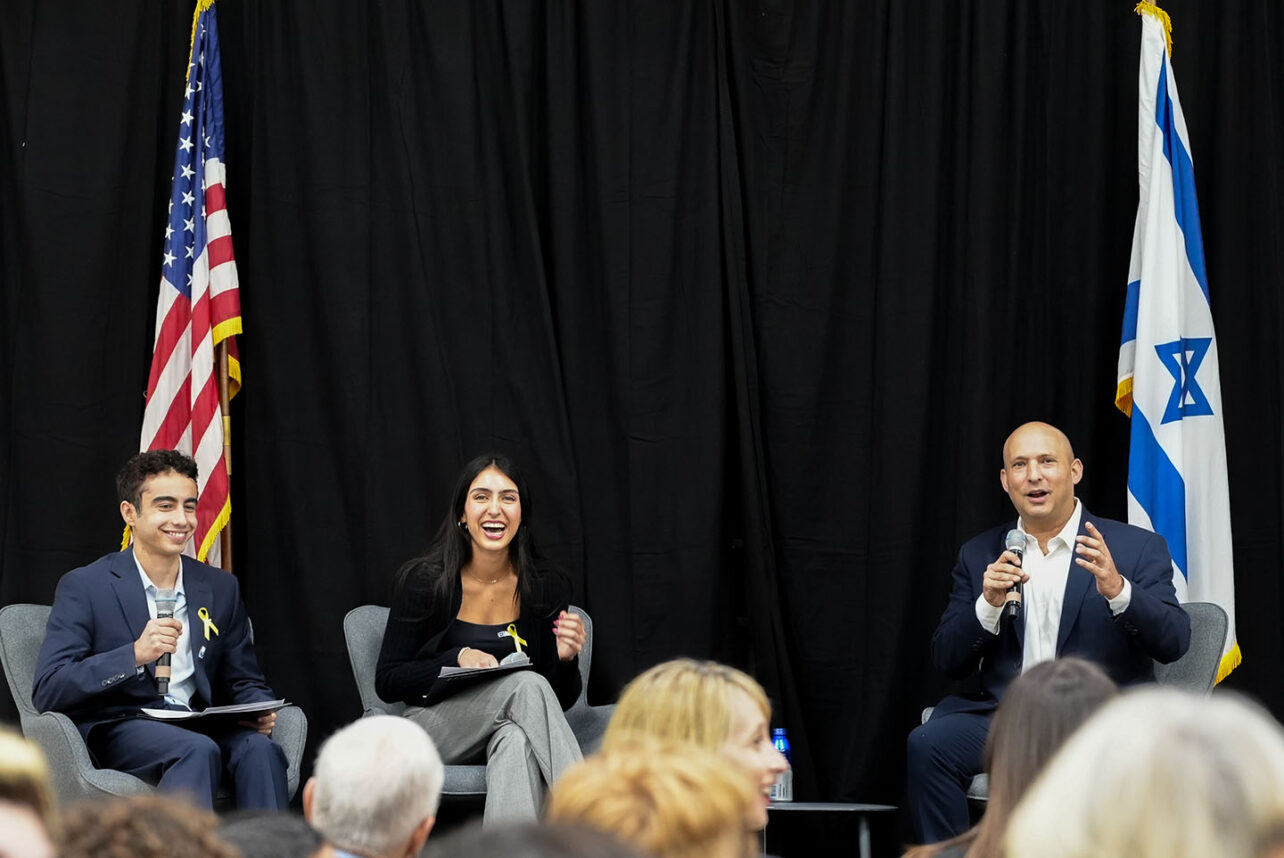
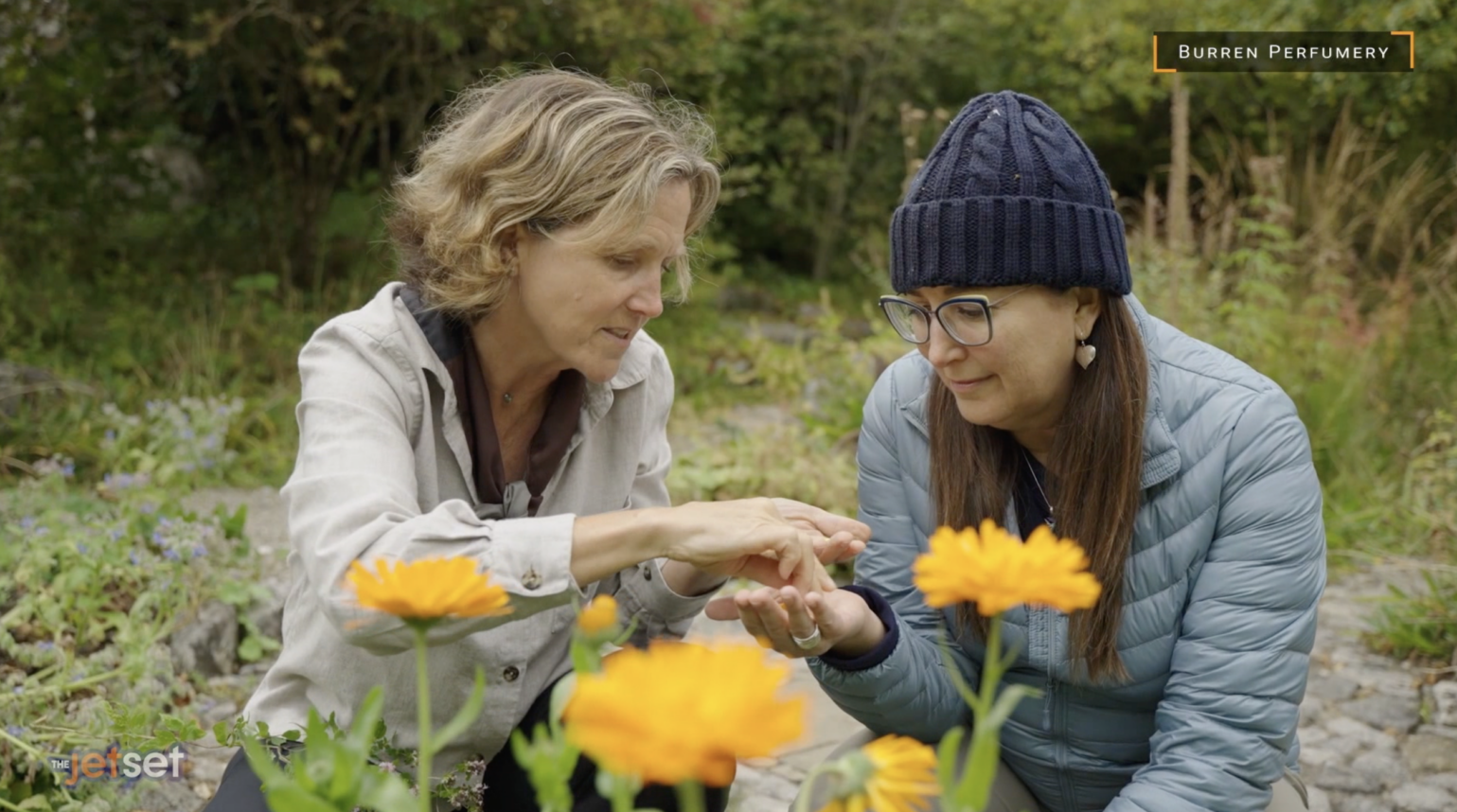






 More news and opinions than at a Shabbat dinner, right in your inbox.
More news and opinions than at a Shabbat dinner, right in your inbox.